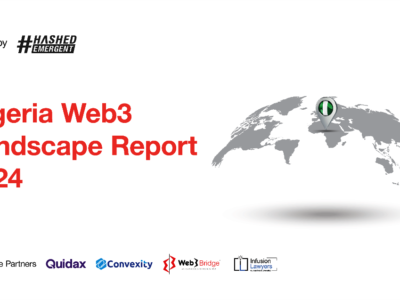SAS, the leader in AI and analytics, has revealed expanded capabilities to its SAS® Viya® flagship data, AI and analytics platform.
RELATED: SAS doubles down on partner strategy to supercharge future growth
The new products – previewed at the recent SAS Explore technology conference – create lightweight environments for rapidly building AI models and applications, support multiple programming languages and provide immediate access to scalable cloud compute.
“The intensity of today’s environment demands organisations to be outcome-driven, and AI is critical to scaling human productivity,” said Bryan Harris, Executive Vice President and Chief Technology Officer at SAS. “We are constantly evolving the SAS Viya ecosystem with products to meet the emerging needs of data scientists and developers – for increased productivity and faster innovation.”
Delivering on-demand analytics for anyone, anywhere
New products in the Viya ecosystem include:
- SAS Viya Workbench – a lightweight development environment that quickly spins up and executes code in a cloud-native, efficient and secure way. SAS Viya Workbench promotes a multi-language architecture, enabling users to rapidly build highly performant and production-ready models in their preferred language – Python, R or SAS.
An on-ramp to experience SAS Viya, SAS Viya Workbench also provides flexibility in the development environment with plans to include three clients – Jupyter Notebook, Visual Studio Code and SAS® Enterprise Guide®. SAS Viya Workbench is currently available under private preview, with general availability estimated for early 2024.
- SAS App Factory – a rapid application development environment for creating fit-for-purpose, AI-driven applications. The offering automates the setup and integration of a cloud-native tech stack built on React, TypeScript and Postgres that allows developers to focus on getting models and AI-driven applications into production. SAS App Factory has planned general availability for 2024.
Serving up AI and analytics as a service
As utility companies further integrate renewable sources like wind and solar, they must balance the supply against their diversified energy portfolio. SAS Energy Forecasting Cloud – the first SAS product leveraging SAS App Factory – allows utility planners and managers to bring together massive amounts of data and generates AI- and analytics-powered models that predict peak power demand and provide more accurate forecasts. SAS Energy Forecasting Cloud generates predictive insights into supply and demand to help utilities maintain stability while improving costs.
Cambridge University Hospitals is applying SAS App Factory to build solutions that drive better outcomes for doctors, patients and their families.
Cambridge data scientists, alongside medical professionals, are developing an application to increase the success rate of kidney transplants. The application focuses on the critical time window when histopathologists can review kidney biopsies to determine transplant viability. Using computer vision and AI, the application scores every biopsy and prioritises the candidate kidneys so histopathologists can more quickly identify the most viable kidneys for transplant.
Creating a flexible and collaborative AI ecosystem for all
The evolution of Viya, which includes the new SaaS products, is focused on ensuring SAS’ powerful algorithms – trusted by millions of users for their accuracy, performance and scalability – can run anywhere and everywhere, using data where it already resides.
The foundation of the ecosystem’s connectivity is SAS Viya – an AI, analytic and data management platform that delivers low-, no- and yes-code options and empowers people of all skill levels to participate in the analytics process. Developers, data scientists, IT professionals and business analysts can collaborate seamlessly within the SAS Viya ecosystem and throughout the AI and analytics life cycle to make intelligent decisions.

































